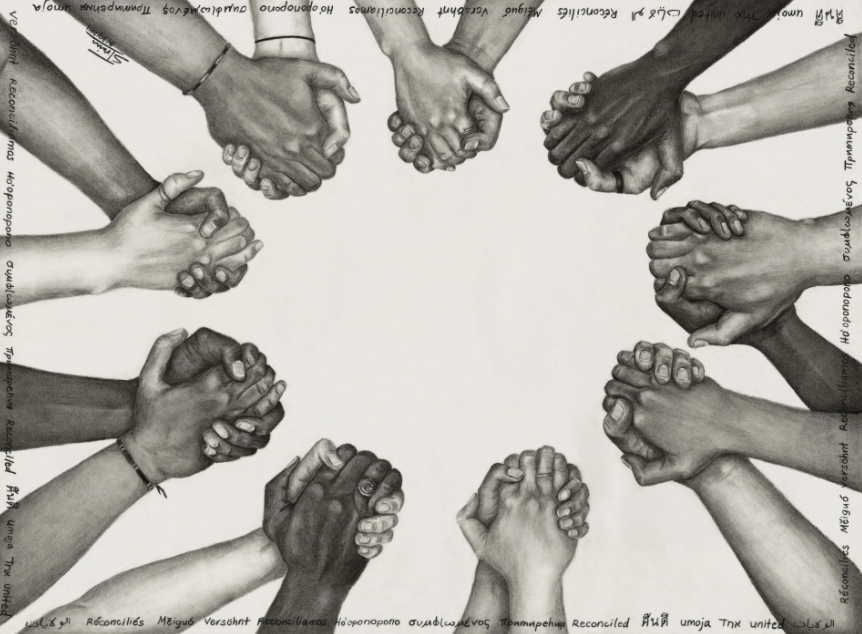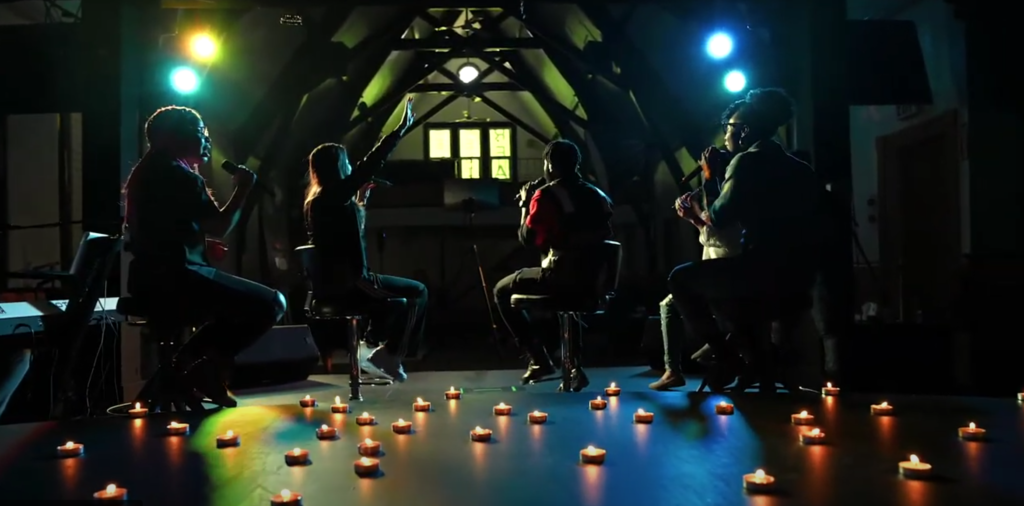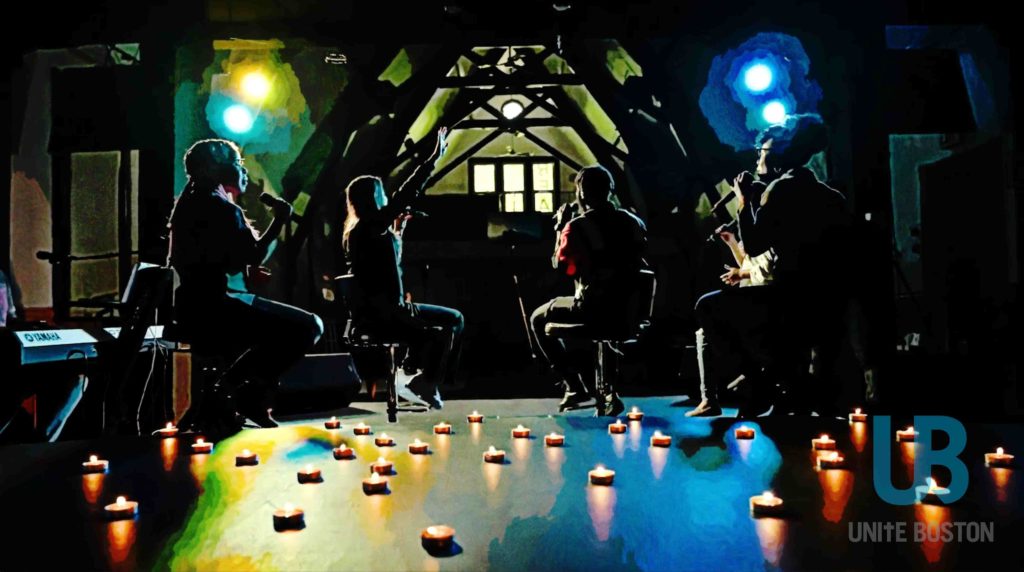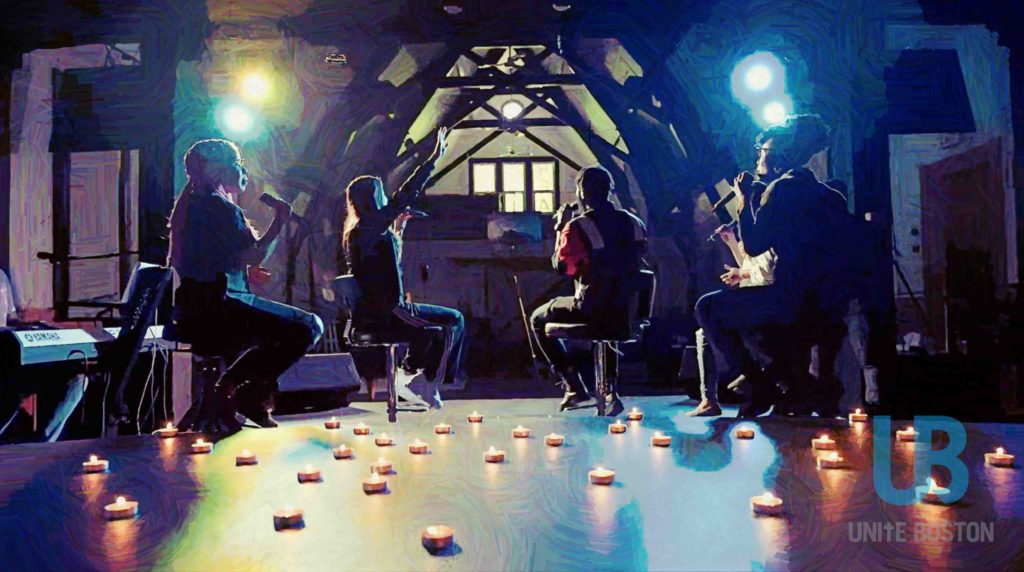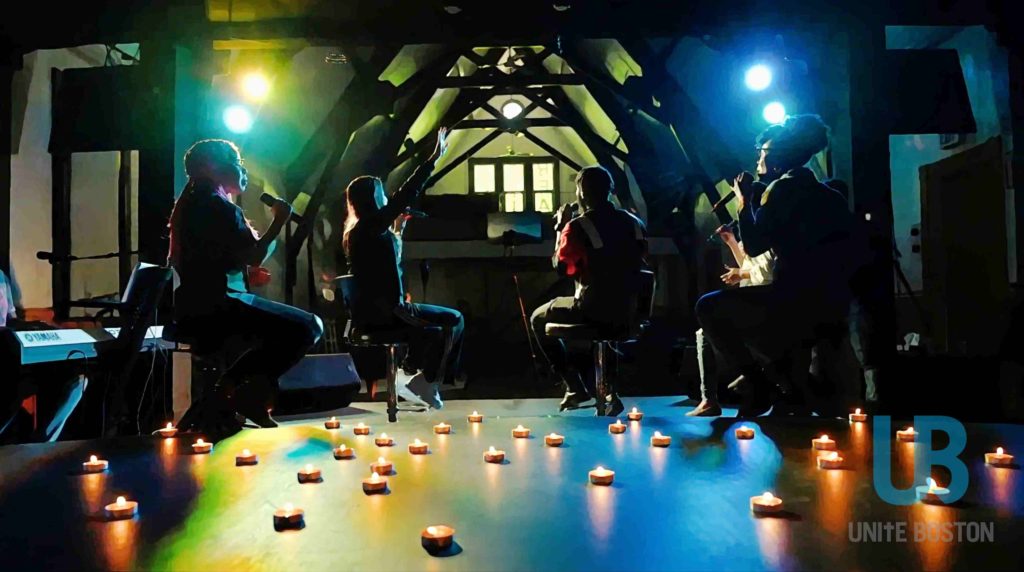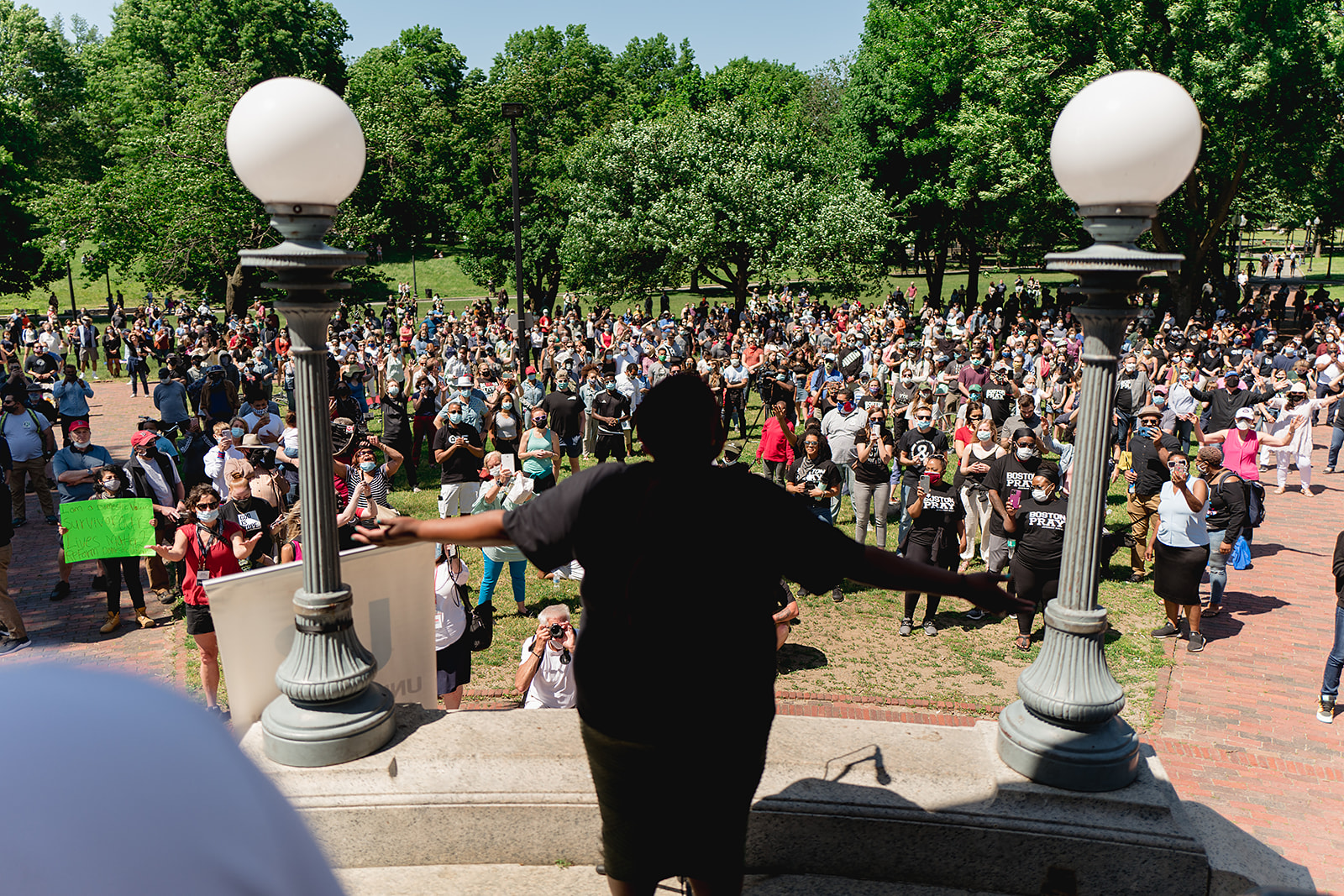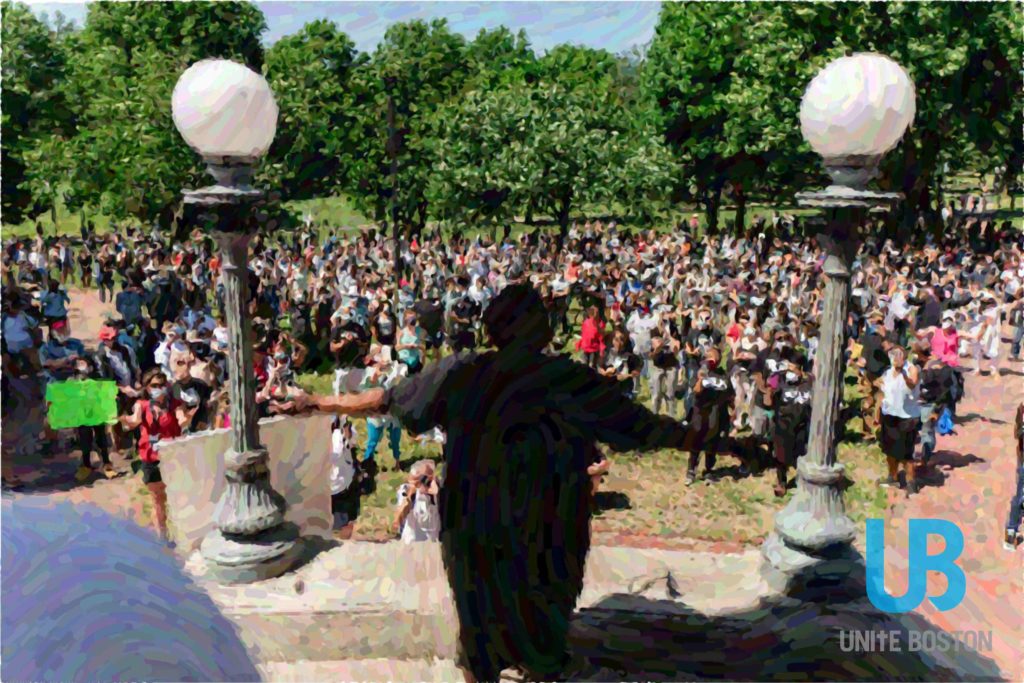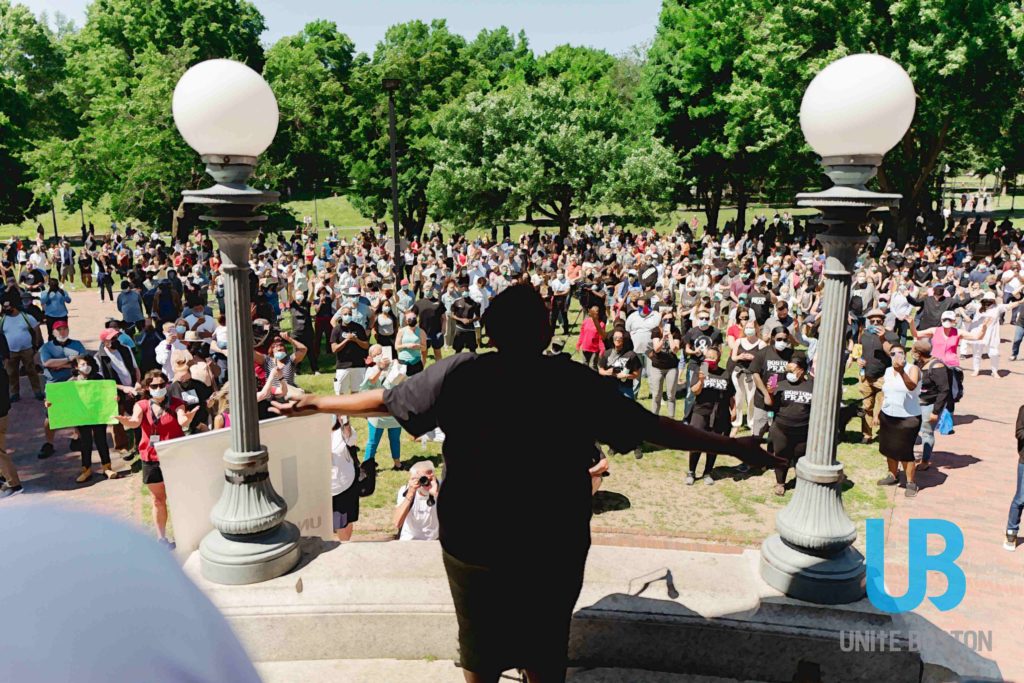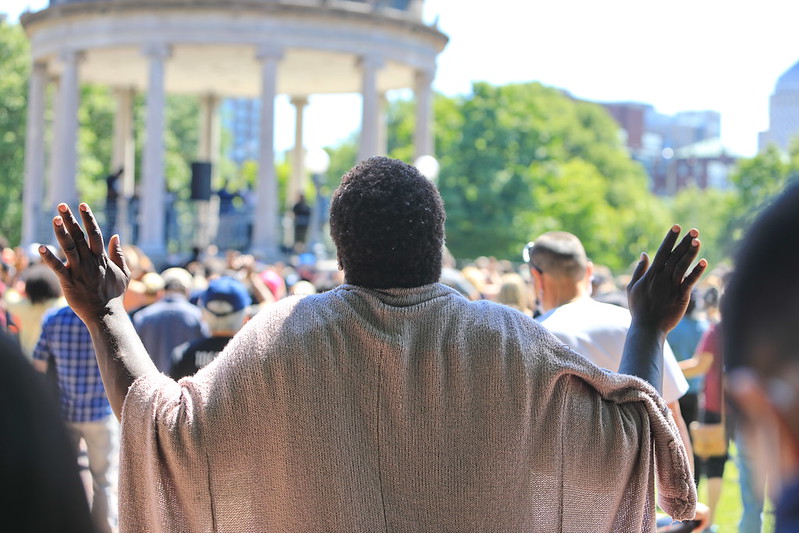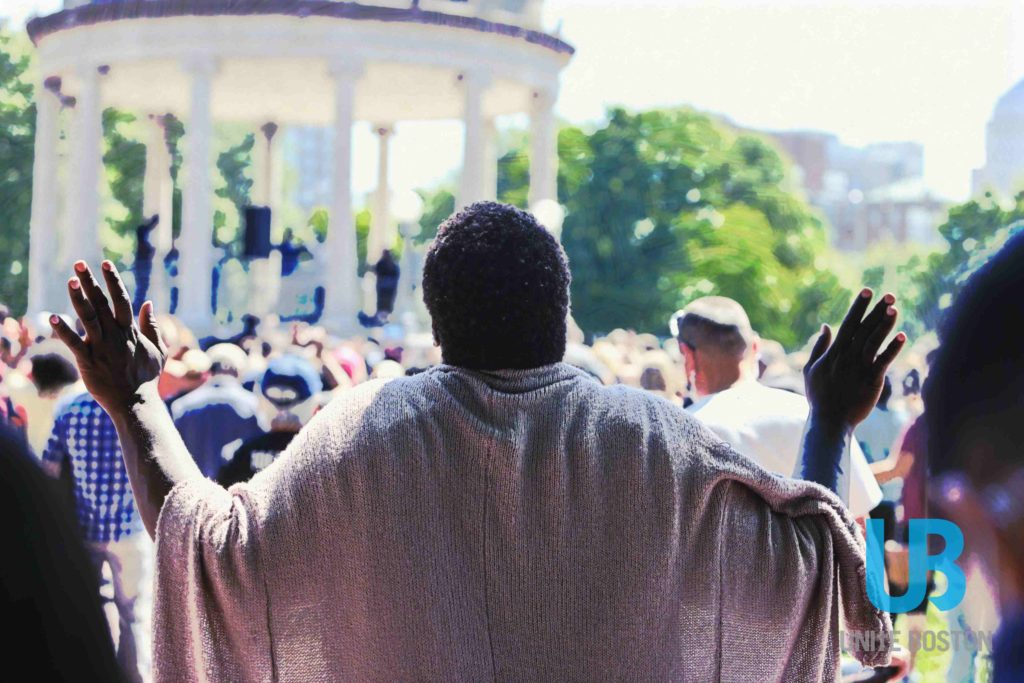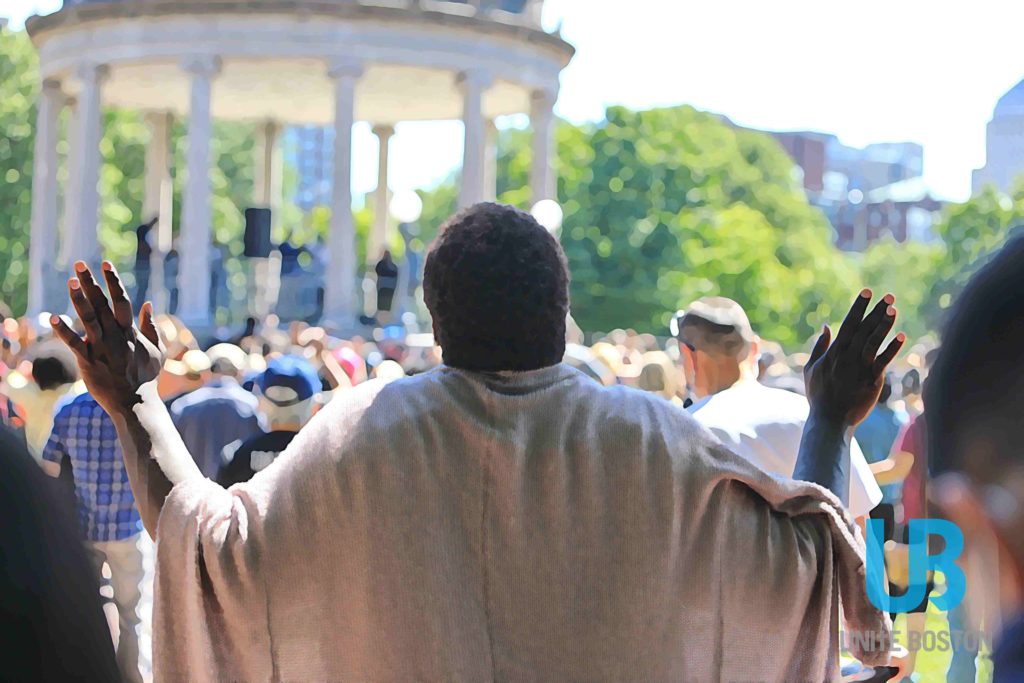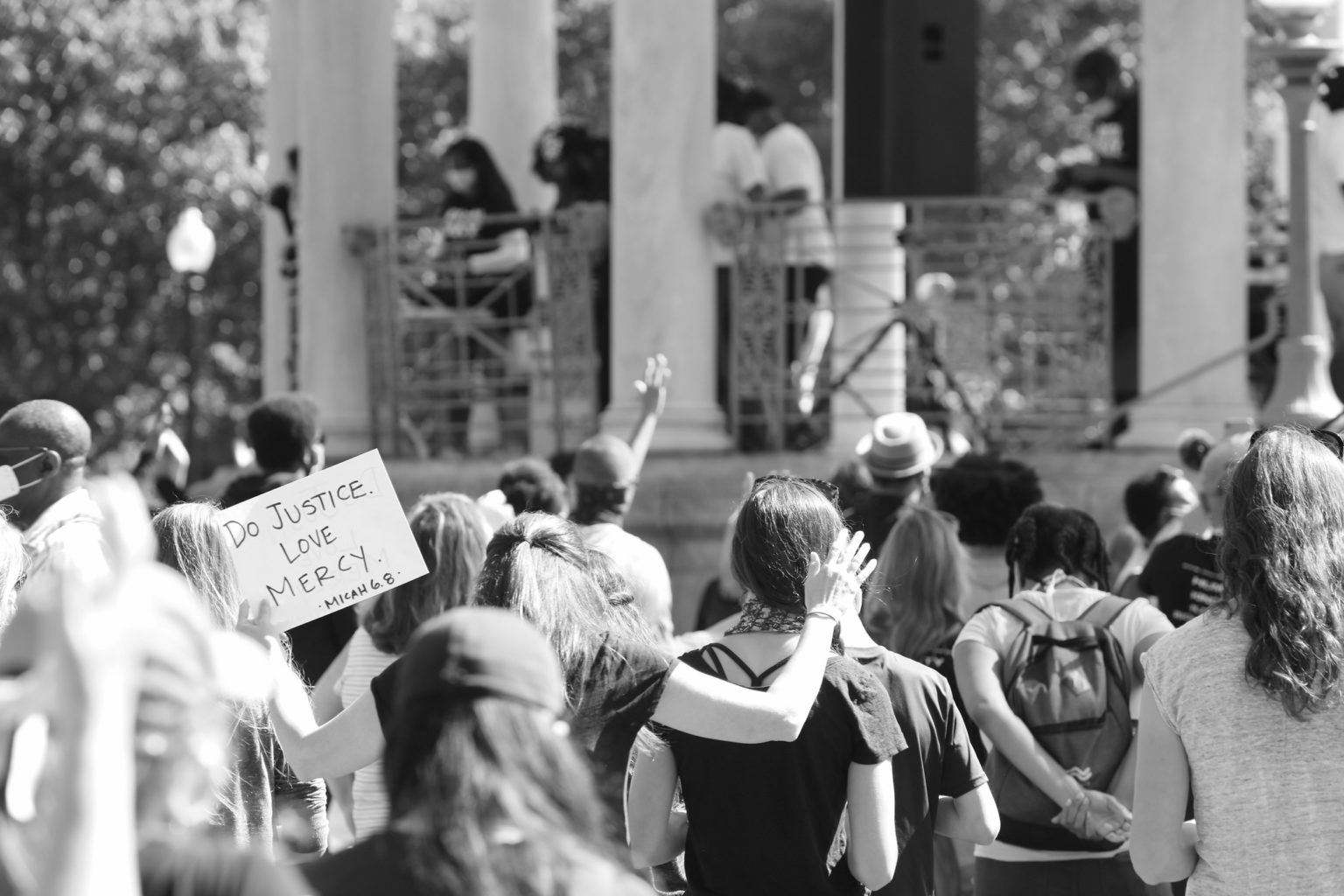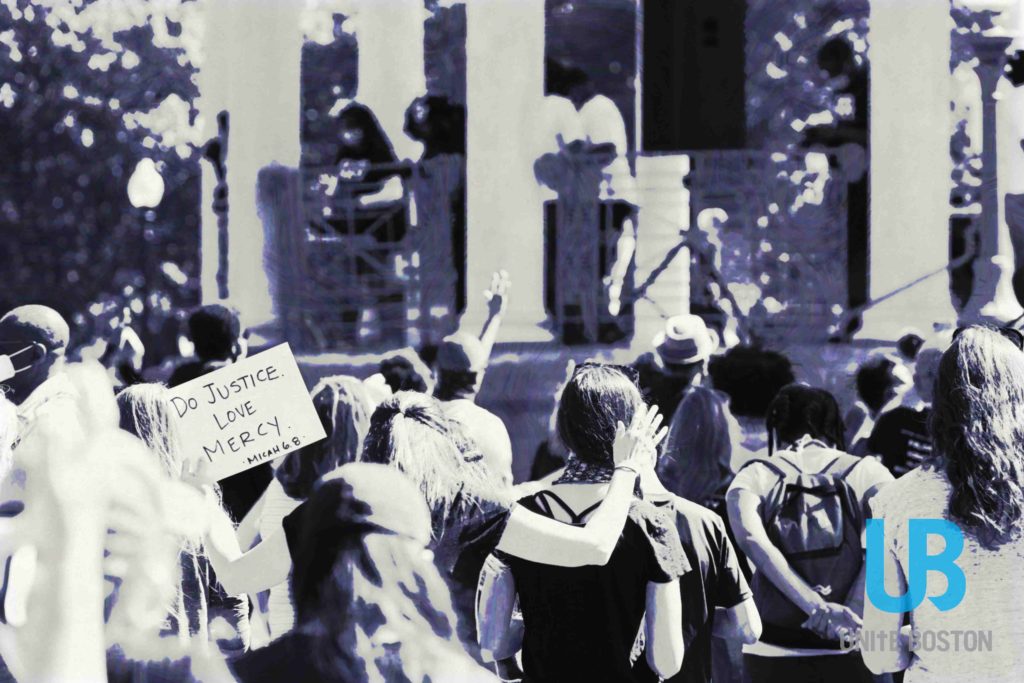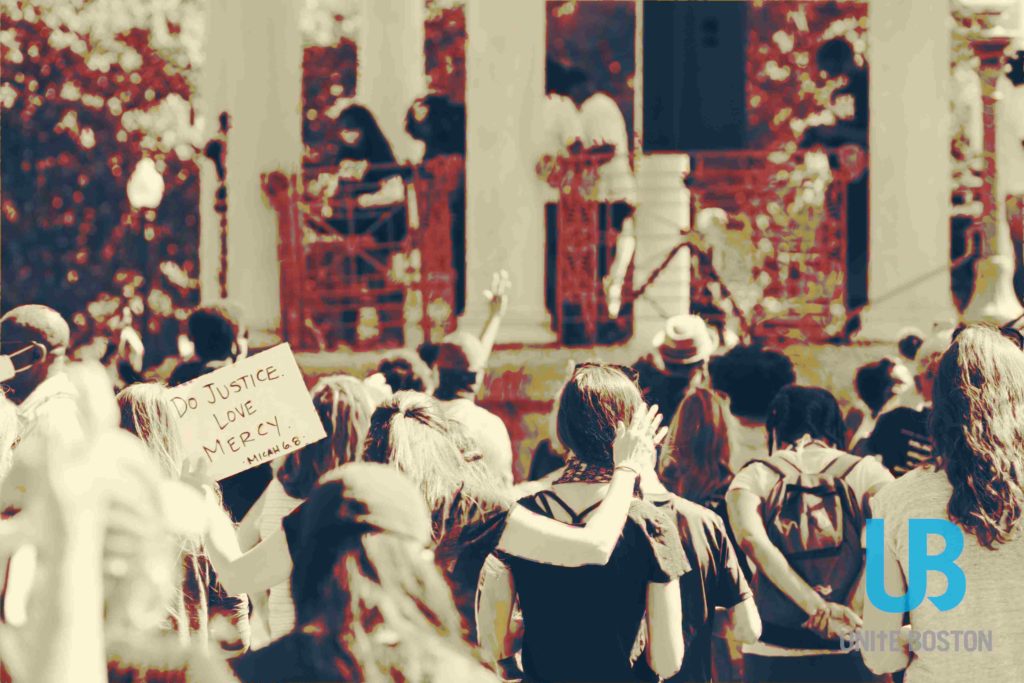Join us at this summer’s Global Leadership Summit.
Hosted at both North River Church & Grace Chapel (August 8 & 9)
The Global Leadership Summit is the largest leadership experience in the world partnering with business, local churches, ministries, and other organizations to help leaders grow and become catalysts for change. In this two-day conference you’ll hear leading experts from both the marketplace and ministry share their wisdom to fuel inspiration, recharge your vision, and trigger intentional action to never stop learning. It’s a terrific forum you and/or your team(s) to improve their leadership. For more info checkout www.GlobalLeadership.org/Summit
The GLS is perfect for both individuals and teams who want to grow their leadership skills. In 2023 over 300,000 people attended in over 100 countries. The GLS is run live from Willow Creek Church, and streamed to thousands of host sites worldwide including in the Boston area North River Church in Pembroke, and Grace Chapel in both Watertown and Wilmington. These three Boston area local sites offer discounted pricing through mid-May … feel free to contact North River Church (Paul Attwater: paul@northriverchurch.org) or Grace Chapel (Doug Cogswell: cogswell.doug@gmail.com). We also have complementary tickets for church and charity organization leaders.
